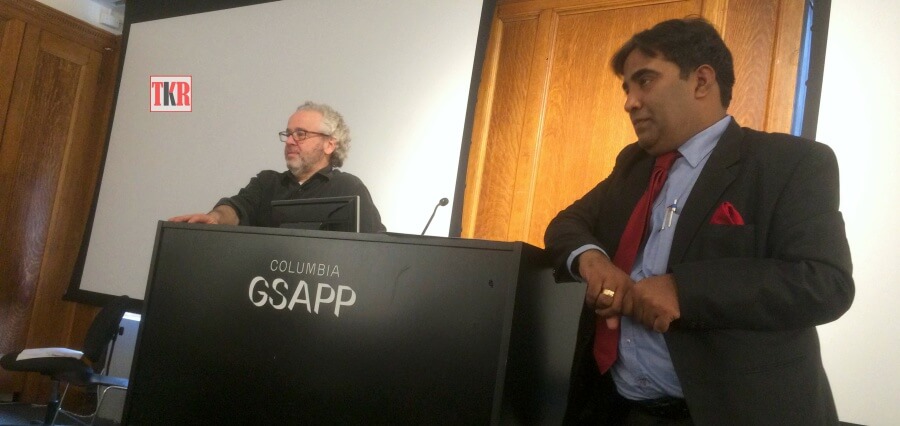‘Today, even 8-10 Years old young students aspire to become You-Tuber or social media influencers.’
It shows that the present days of pedagogical approach and available opportunities are immensely influenced by social media, global connectivity, and many more signs, which clearly shows the brighter path for future entrepreneurs. There are immense opportunities for all levels of students across education levels to imbibe entrepreneurial skills.
Entrepreneurship is business idea generation for any given product or service to design a solution to a given problem. Entrepreneurship needs a great vision, but it also needs a clear understanding of practical aspects. Science and entrepreneurship connection is interconnected. STEAM course students have an edge due to the approach and contents of the course syllabus. When we talk about entrepreneurial ideas, three things are of utmost importance:
- Innovative Idea
- Economic Feasibility
- Multiplicity
To be a good entrepreneur, one needs to be a great observer of surroundings and social needs, which can be solved economically and sustainably. Talking about economics and feasibility does not mean only the finance aspect; here, feasibility means finance, time, and other factors such as ease of doing, acceptability in society, etc.
Once innovative ideas solve society’s needs and are feasible in terms of profitability, the multiplication of ideas makes it a large enterprise. There are immense examples of great ideas and best concepts regarding feasibility. However, those entrepreneurial ideas do not reach to masses, so these ideas fail in the longer run.
Creativity is a critical and essential skill for STEAM + Entrepreneurship. When started at the entrepreneurship level, all great enterprises had creativity and out-of-the-box thinking as their core assets—taking the example of Apple, iPhone, or the idea of Facebook or any other social media.
Critical thinking and analysis of the given situation and problem solutions are the factors that make entrepreneurship skills.
In today’s time, the pedagogical system should be in such a way that it encourages problem-solving exercises, case studies, and success-failure stories embedded in the curriculum itself. Such experiments will prepare students’ minds to identify the needs and solutions in his/her surroundings.
The level of complexity of such interjecting modules and curriculum can vary from the standard of class to class. The education system should motivate them to think outside of the box system. Their efforts should be rewarded either by praising them, the certification system, or any other way. Entrepreneurship should also be encouraged at the company level thru Corporate Social Responsibility (CSR) or in the capacity-building process. Entrepreneurship does not help the individual, but it affects the whole ecosystem.
About the Author
Rajendra Kumar is an architect based in New Delhi, India. He graduated from Chandigarh College of Architecture, India, and did his postgraduate from Politecnico Di Milano, Italy. He is a member of the International Society of City and Regional Planners (ISOCARP), Netherlands, Council of Tall Buildings, and Urban Habitat(CTBUH), USA. Received fellowship by Congress for New Urbanism, USA.
He delivered lectures on many national and international forums on various issues related to cities, social issues, sustainable environment, etc., at national and international forums in India, Spain, Hong Kong, South Africa, Slovenia, Italy, Germany, Thailand, Malaysia, Russia, Korea, USA, Taiwan, Poland, UK, etc., including Gdansk University, Poland, Thammasat University, Thailand, Columbia University, New York and many others.









